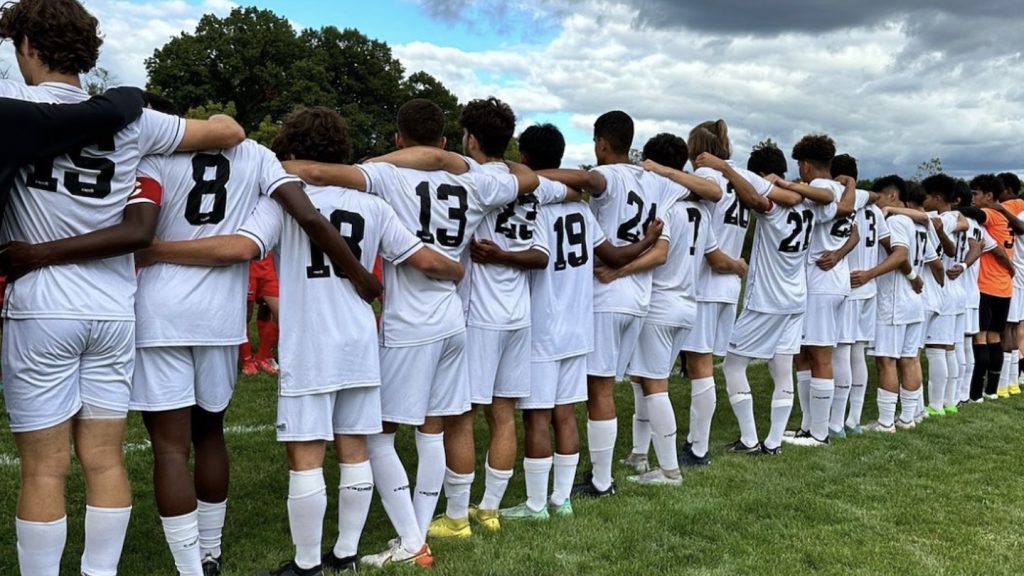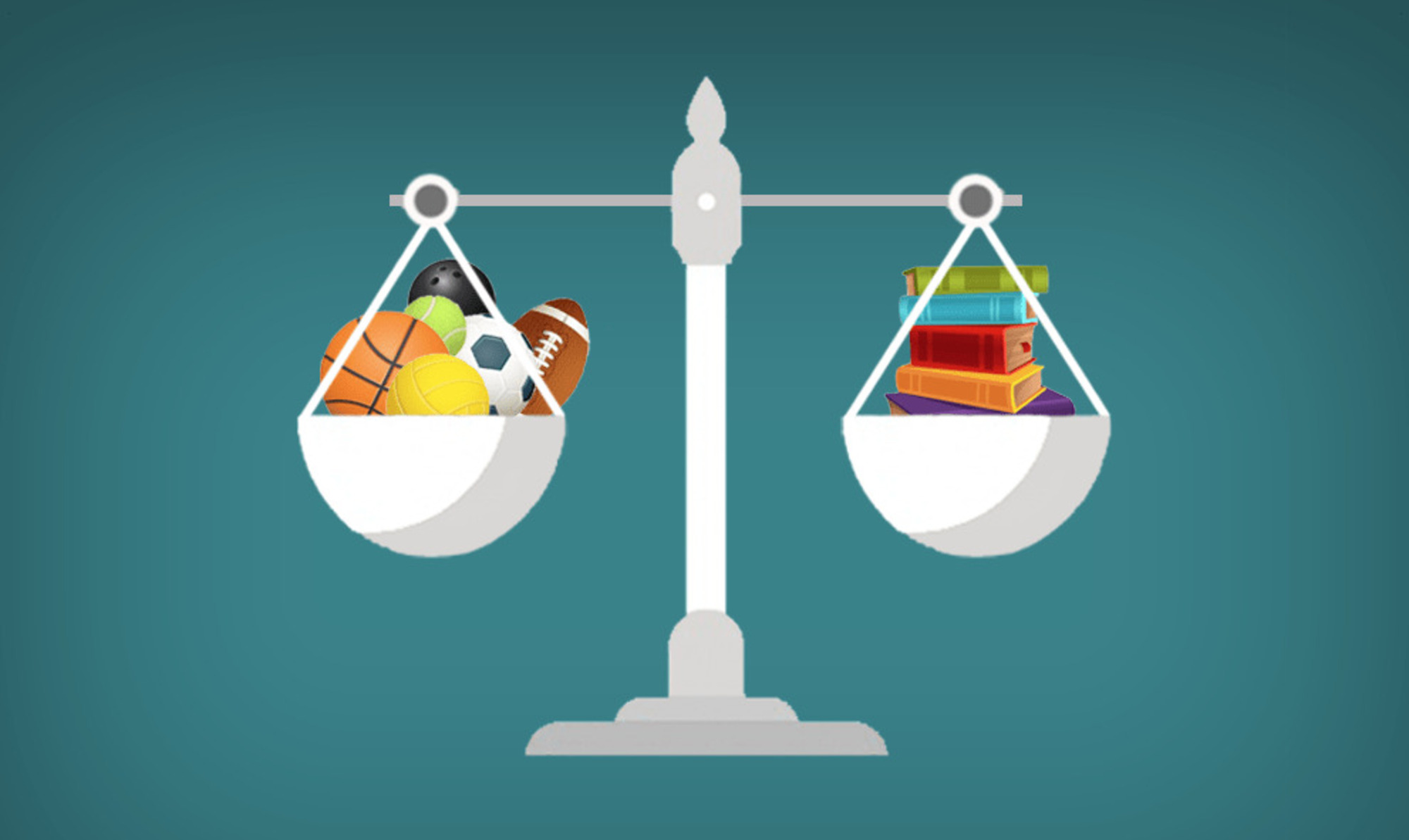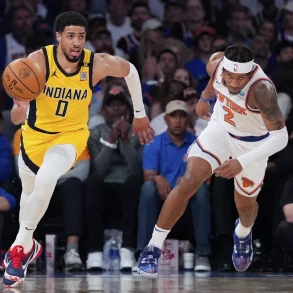In the academic spectrum, the term extracurricular is often used to describe any activity that takes place outside the classroom. These activities are an essential complement to academics as it helps in the development of a student.
One significant extracurricular activity is sports. From being used as a means to keep students active and fit to being seen as a career prospect, sports have become an integral part of academic institutions worldwide.
But are sports really extracurricular? Should sports be seen as an equivalent to academics rather than a compliment?
How do academic institutions perceive sports?
Although there are various sports colleges and schools around the world, in many parts of the world, sports are still perceived as a side activity that could act as a distraction for students from their academic prowess.
In today’s world, majority of the academic institutions can be seen conducting seminars or demonstrations on the importance of exercise, but these same institutions don’t provide their students with the right facilities for the same. Hypocrisy?
What are the benefits of sports?
For one, sports teach us a lot of things that cannot be taught in the classroom with traditional teaching methods being applied. Things such as discipline, teamwork, loss, and, most importantly, focus.
The body of a teenager, as we all know, goes through a lot of changes, some of which may prove to be overwhelming for the person in question. Sports allow room for teens to manage those emotions in a healthy manner.
While students may be stressed in the classroom with upcoming deadlines or getting good grades, sports allow them to disconnect from the world and just focus on the present for some time.

Skills such as leadership skills, patience, perseverance, and social skills are also inculcated into those who regularly indulge in sports.
Naturally, sport also has physiological benefits. It is proven that those who regularly keep themselves busy with sports live longer.
Do athletes make better students?
The thought of balancing a sporting career while also trying to do well academically can be strenuous for a few students. But research suggests that those who do both provide themselves with the means of relieving stress more efficiently than those who only focus on one of the aspects.
Some studies also found that students who involve themselves in sports have lower levels of depression, self-derogation, truancy (bunking), and misbehavior while having higher self-esteem, greater aspirations, and better grades.
All the studies conducted on this topic suggest only one thing: sports and academics goes hand in hand.
Also Read: How many types of sports are there?
Should sports be given the same importance as academics?
Despite the suggestions of evidence, many schools worldwide would still prefer a traditional approach where they don’t give the same importance to sports and studies.
There are a few schools in the States that have understood this data and have started taking steps on how to inculcate sports into the curriculum, which, hopefully, would motivate other schools and colleges to do the same.
Sports and academics are two sides of the same coin. If one is able to succeed in sports, then they automatically gain confidence to start doing well in their academics too.
Sports and academics have been treated as competitive factors for the longest time, but now, that must change.
Also Read: What is the oldest sport in the world?







